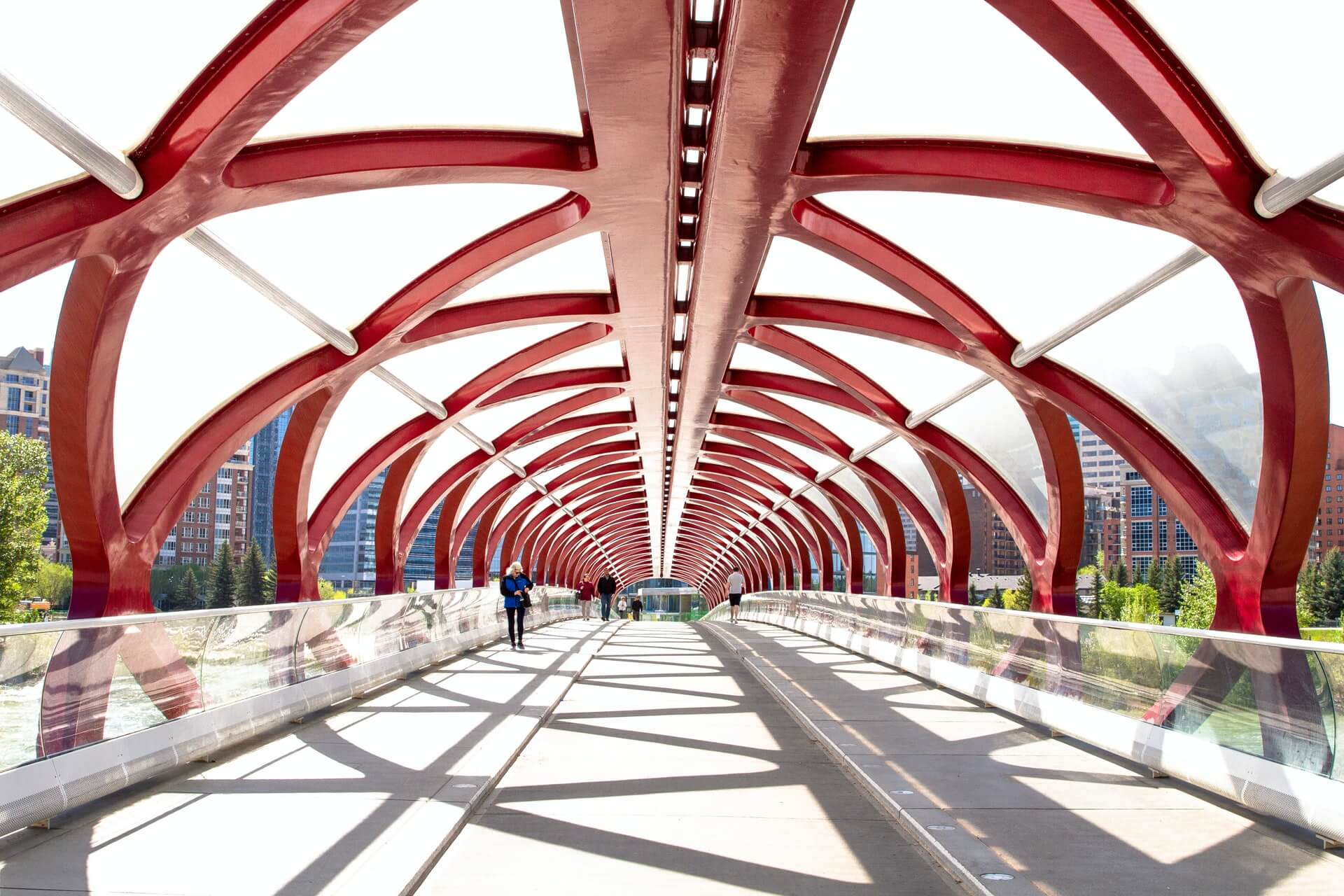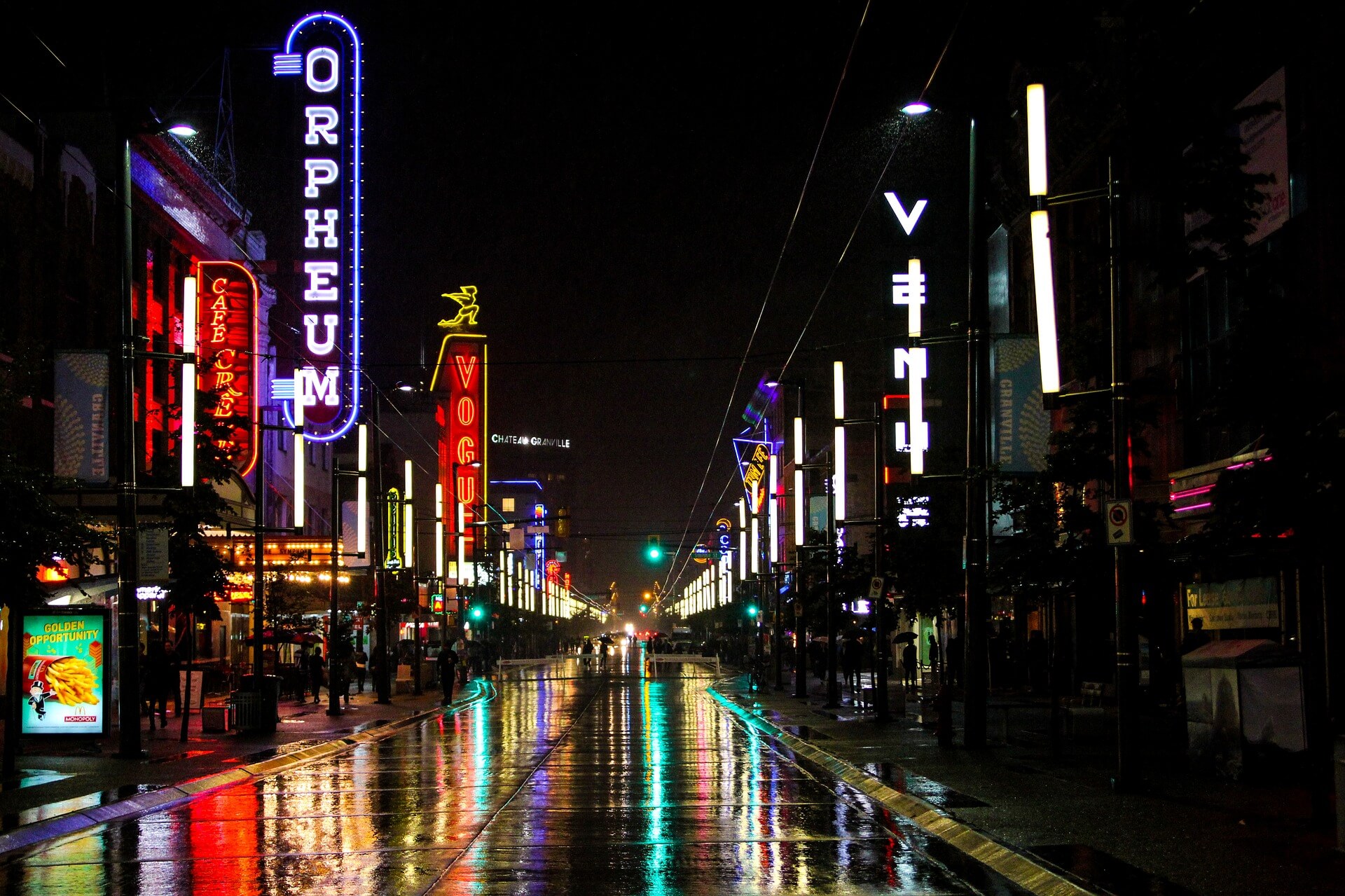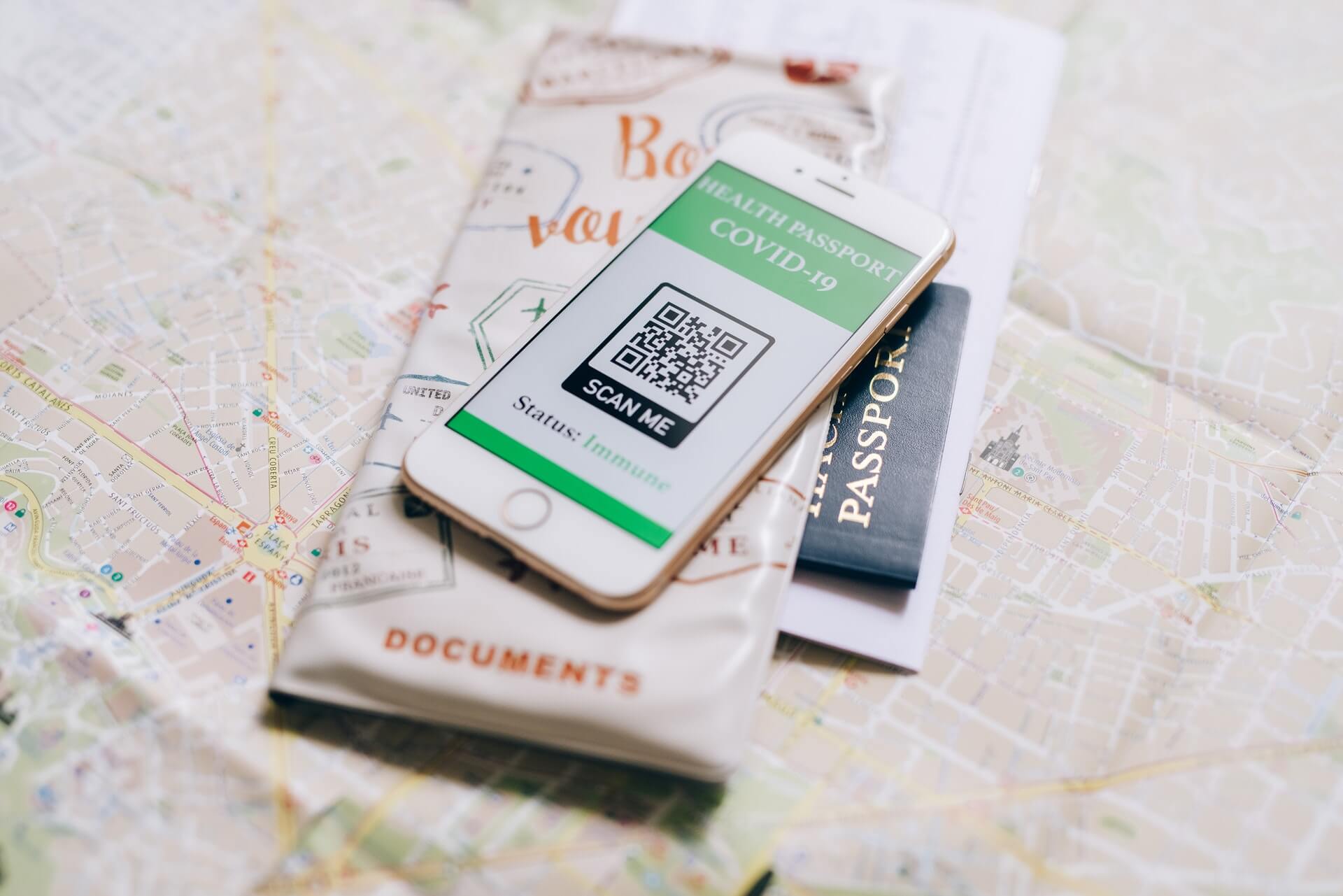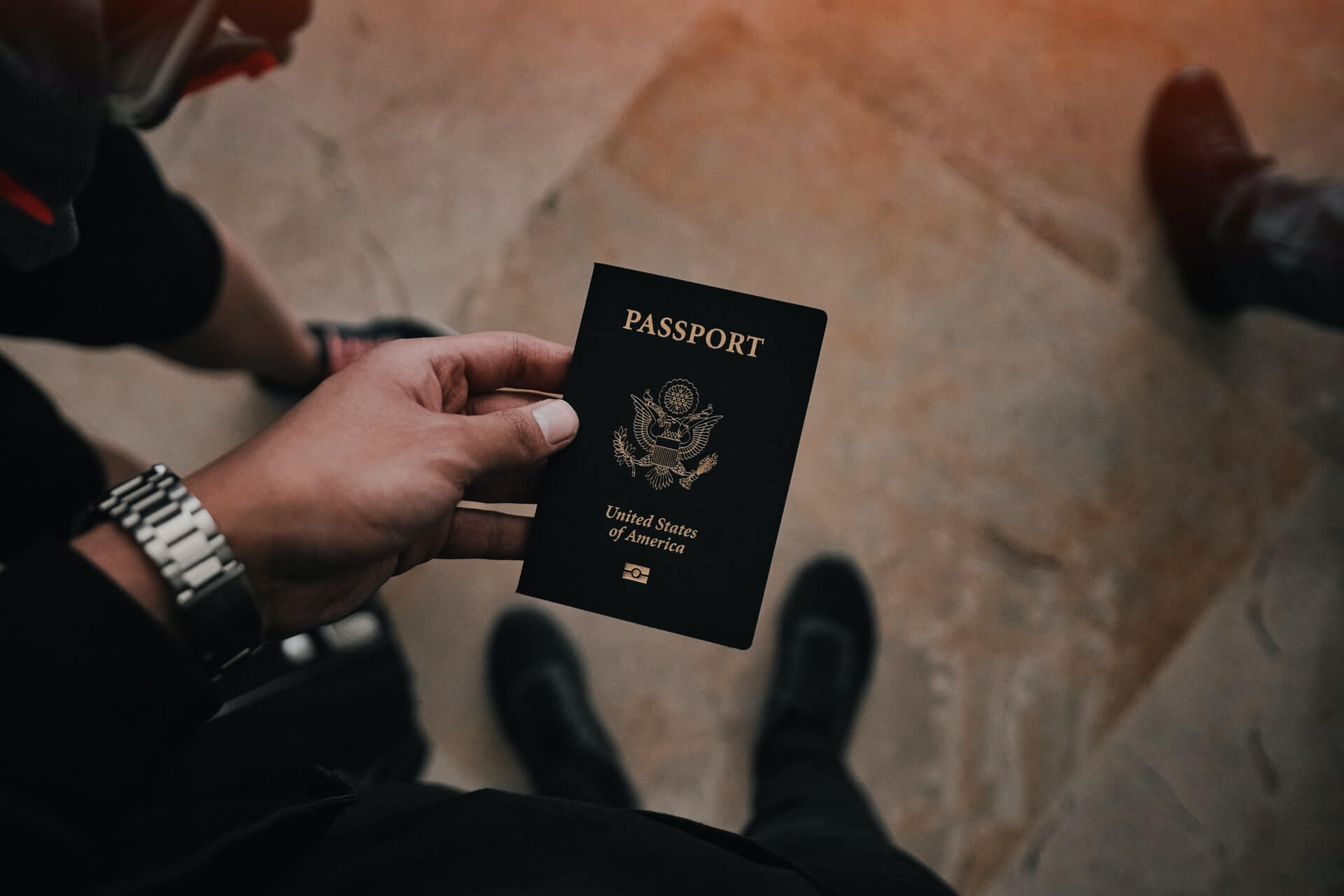Restrictions: What’s Different in Alberta?
by David Klemt

According to Alberta medical officers, it’s time to begin the transition away from Covid-19 mandates and restrictions.
Taking a transition approach means that some restrictions will remain in place for at least the next several days.
However, operators have reason to be cautiously optimistic regarding the lifting of “nearly all” current restrictions.
What’s Different Now?
Alberta’s chief medical officer of health, Dr. Deena Hinshaw, says Alberta is now in a transition period. The province is attempting to adjust from a pandemic response to an endemic response to Covid-19.
In other words, Alberta authorities are seeking a return to pre-pandemic normalcy. Of course, lifting mandates and adjusting to “normal” life will take time, cautions Dr. Hinshaw.
Premier Jason Kenney says that “now is the time to begin learning to live with Covid.”
Clearly, the biggest change came in the repealing of Alberta’s vaccine passport program. Also known as REP, the Restrictions Exemption Program is no longer in use.
However, a number of restrictions will remain in place until at least March 1.
Restaurant, bar, pub, nightclub, and cafe operators are subject to the following:
- Capacity limit of 500 for venues with fire occupancy of 500 to 999.
- Capacity limit of 50 percent for businesses with fire occupancy of 1,000 or more.
- Liquor service must end at 11:00 PM.
- In-person service must end at 12:30 PM.
- Mingling between tables is prohibited.
- Maximum party capacity per table is ten people.
- Unfortunately, dancing, darts, billiards, and other “interactive activities” are prohibited.
In better news, both indoor and outdoor dining are permitted. Also, venues with fire occupancy under 500 are no longer subject to capacity limits.
What Else is Changing?
Currently, Alberta is in Step 1 of the province’s plan to ease Covid-19 mandates, restrictions, and measures.
Should all go well—hospitalizations trending downward—the province will enter Step 2:
- Indoor mask requirement lifted.
- Indoor and outdoor social gathering restrictions lifted.
- All large venues and entertainment venues will have capacity restrictions lifted.
Of course, Step 3 will represent the greatest move toward a return to normal life in Alberta. However, there is no date set against entering Step 3.
Should the targets that will trigger the final step in the three-step plan be hit, mandatory isolation will transition from a requirement to a recommendation. In addition, Covid-19-specific continuing care measures will be removed.
Given the possibility of major restrictions lifting in just under a week, operators, their team members, and the guests they serve have reason to be optimistic.
Image: Denisse Leon on Unsplash



